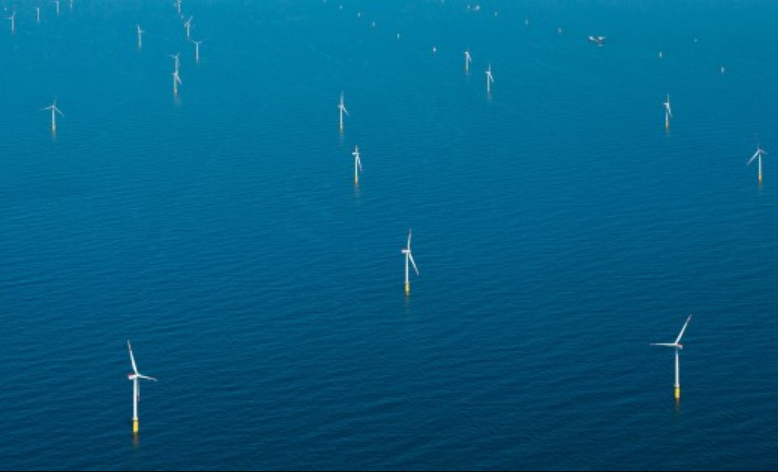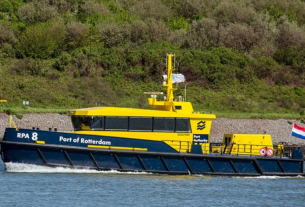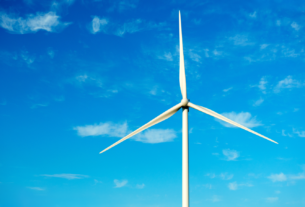Sweden – Vattenfall and St1 have signed a Letter of Intent to develop a fossil-free value chain for production of synthetic electro fuel. The next step is to jointly carry out a feasibility study.
The study aims to cover the entire value chain for offshore wind energy production of electro fuel, starting in 2029 and gradually increasing to the target of one million cubic meters.
Together, Vattenfall and St1 will carry out a feasibility study with the goal of creating an offshore wind-based value chain free of fossil fuels for the production of electro fuel. As part of the partnership, Vattenfall plans to build an offshore wind-powered hydrogen supply infrastructure off the coast of Sweden, and St1 intends to produce a million cubic meters of electrofuels, primarily for use in sustainable aviation fuel. Such quantities, for instance, are equal to the annual aviation fuel requirements of Arlanda Airport. First drops will begin in 2029 and beyond.
Decarbonization potential
Today, industry and transportation in Sweden account for two thirds of all carbon dioxide emissions. Vattenfall actively engages in direct and indirect electrification using fossil-free hydrogen gas in collaboration with industries. For industries like petrochemicals and refineries, Vattenfall sees enormous potential for decarbonization along the Swedish West Coast.
St1 is already making investments in the energy transition through scalable renewable energy production in line with its vision. On the site of the St1 refinery in Gothenburg, a new biorefinery is being built. The biorefinery is anticipated to start operations in 2023 and will have a production capacity of 200,000 tonnes of renewable fuels annually. It is made to maximize the production of sustainable jet fuel and renewable diesel. Advanced ethanol and biogas from waste are already produced by St1.




